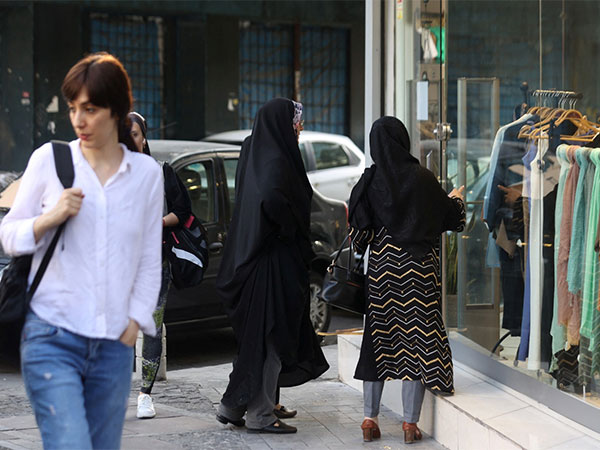The government of Iran has introduced psychological treatment for women who refuse to wear hijab. It is seen as an attempt to enforce mandatory head-covering measures for women. Healthcare organisations have accused the Iranian Government of repurposing mental health assistance and psychological therapy to fulfil its own objectives.

Rising Public Protests
The widespread protests after the death of Mahsa Amini against moral policing and compulsory hijab have now forced the Government to resort to psychological treatment to enforce Hijab. Many activists call this action as evidence that the government is unable to uphold the Hijab rule.
A renowned Irani Actress, Afsaneh Bayegan has launched a symbolic protest against the oppressive laws on Instagram wherein she intentionally posts pictures of herself without covering her hair. Moreover, she recently appeared at a public event without the traditional headscarf as means of showing her disregard for government norms.
Such behaviour of the actress has reportedly infuriated the Iranian Government which has been devising new ways to compel women to cover their heads. According to reports, 61-year-old Bayegan has been sentenced to two years of jail and told to visit a psychological centre once every week to “treat her anti-family personality disorder”.
Afsaneh Bayegan is one of the first cinema stars after the Islamic revolution in 1979, she is also a highly respected television actress. “The sentence that Bayegan was given sets an example,” said Azadeh Kian, who is a political science professor at Université Paris Cité and Iran Specialist.
Just a few days prior, a woman was handed an unimaginable court sentence in Tehran province because she was caught driving without adhering to the Hijab rule. The court order required the women to tend to corpses in a morgue for a month as punishment.
Since the tragic death of Mahsa Amini, many women have sought to keep their heads uncovered as a form of protest. The protest has been joined by women of all ranks from commoners to influential actresses, politicians, and athletes.

Rising Penalties
Iranian authorities have not left a stone unturned in pressuring women to follow the hijab code. They have been imposing big fines, confiscating vehicles, and sending text messages to women who are found bareheaded while driving. Businesses and employers have been strictly told to terminate female employees without hijab.
In another instance of extreme measures, unveiled women were denied health facilities by hospitals. Last month, offices of Digikala were temporarily shut down by the authorities as pictures of its employees without a headscarf were circulating on social media. Digikala is an e-commerce company, equivalent to Amazon which is based in Tehran.
Towards the end of July, a bill was introduced in the Iranian parliament proposing even more authoritarian and extreme penalties for women who refuse to wear hijab. It is more worrying that the government is not even sparing children. Iranian Education Minister Youssef Nouri admitted that many young girls were sent to medical psychological centres where they were re-educated to prevent anti-social behaviour.
Women rights advocate Kian fears dire consequences if the bill is passed. “Their fundamental rights will be stripped away”, she said. Legal experts have raised concerns over the possibility of legislating “promoting being unveiled” as a new offence.
Kian explained that the creation of such legislation will be used against women who choose not to cover their heads by accusing them of propagating anti-hijab sentiments. This could potentially lead to extreme punishments, even including death.













